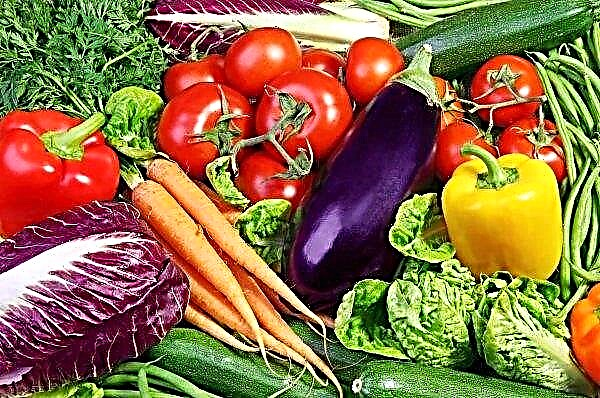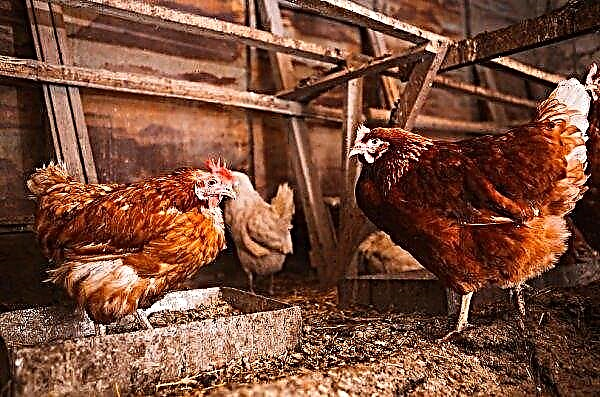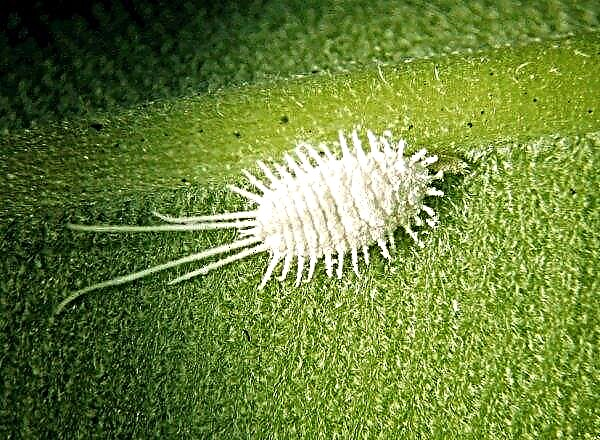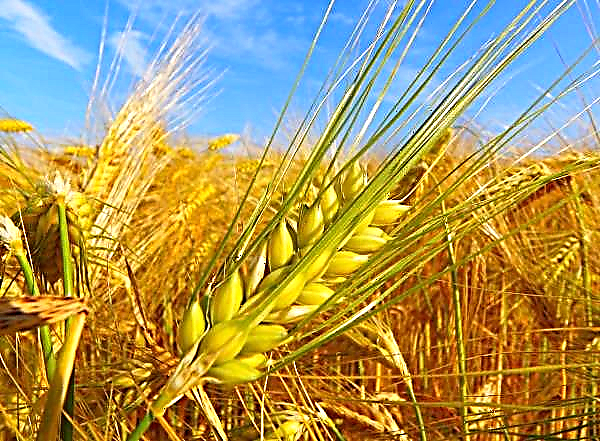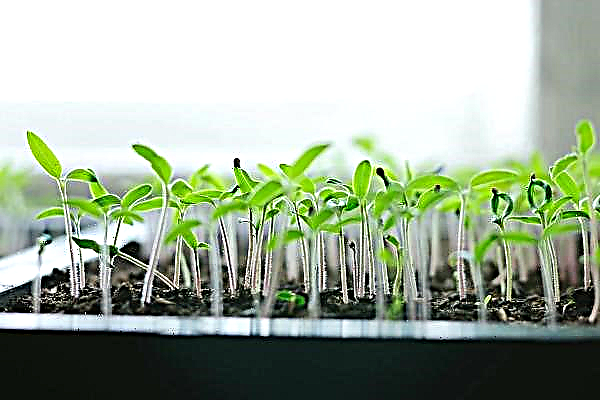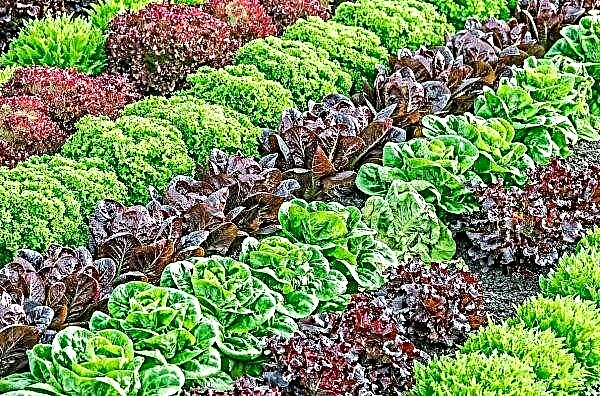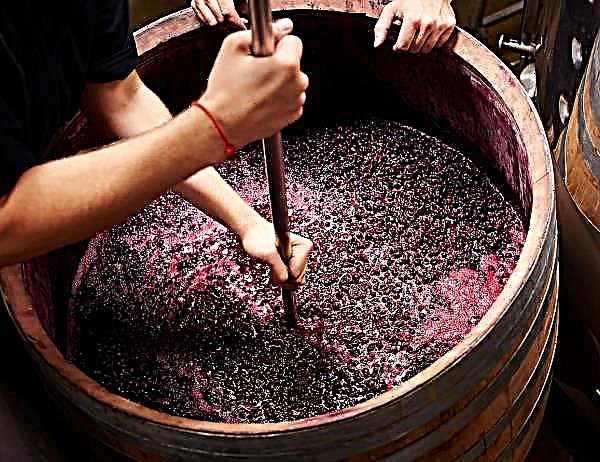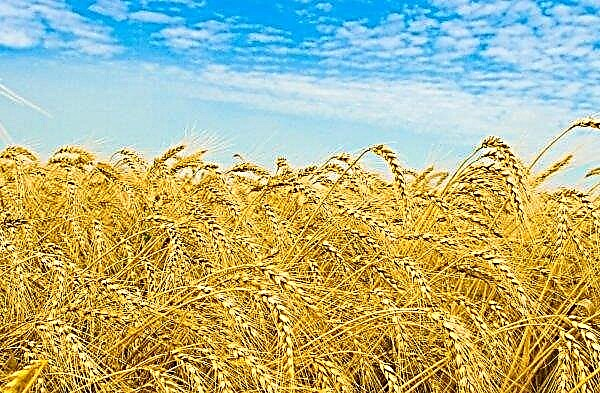Scientists undertook to produce a cow by 2020, which would emit significantly less methane and at the same time bring monetary savings.
Check out

According to the UN Food and Agriculture Organization, 18% of methane produced by mankind is in cows.
Scientists from universities in Canada, Switzerland, Denmark, the UK and Australia took up the solution to the problem. Together with the United States Department of Agriculture and Genome Canada, a nonprofit Canadian-funded organization that seeks to use genome-based technologies to improve Canadians' lives, they created a project called the Effective Milk Genome, which is entirely devoted to genetic research and breeding of new cow breeds.
The aim of the project is to reduce methane emissions caused by the livestock cow. Gas in the animal’s stomach is produced by methanogen bacteria in the process of their assimilation of hydrogen released during fermentation and carbon dioxide.
Scientists decided to work in two directions: to reduce the formation of methanogens in the stomach of an animal without reducing productivity and to select cows with a lower mass.
It is estimated that the breeding of such cows will reduce methane emissions into the atmosphere by 11-26% and bring an annual benefit of Canada's dairy industry in the amount of 108 million US dollars.
As you know, methane is whiter than greenhouse gas than carbon dioxide, its degree of impact on the climate is 21-25 times higher than the degree of exposure to carbon dioxide.

